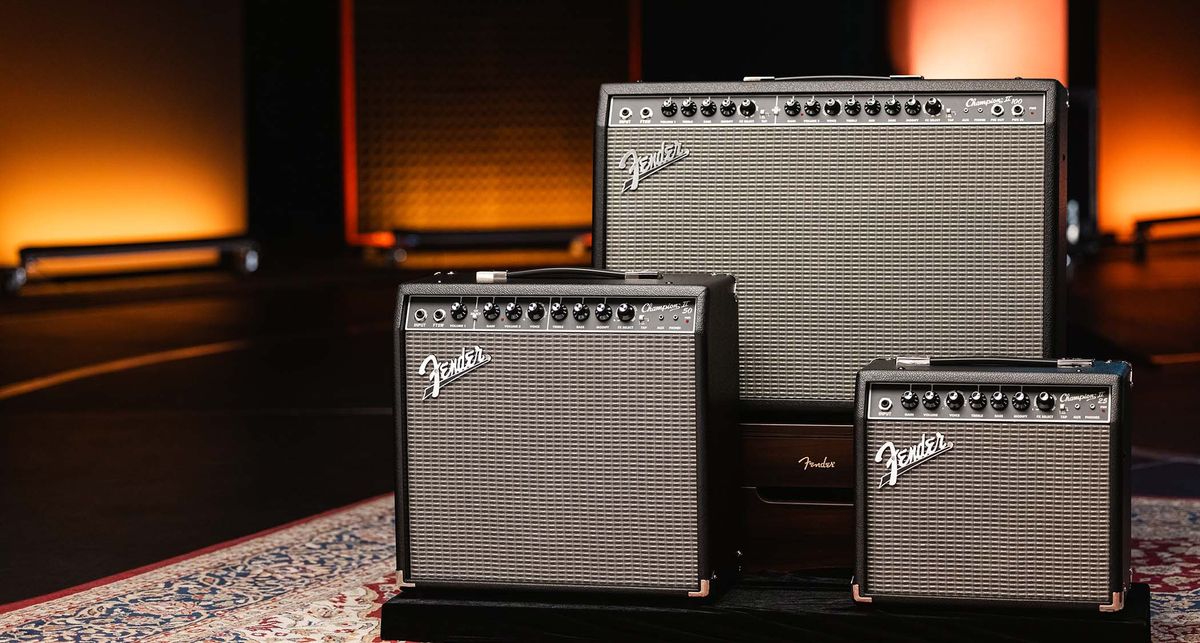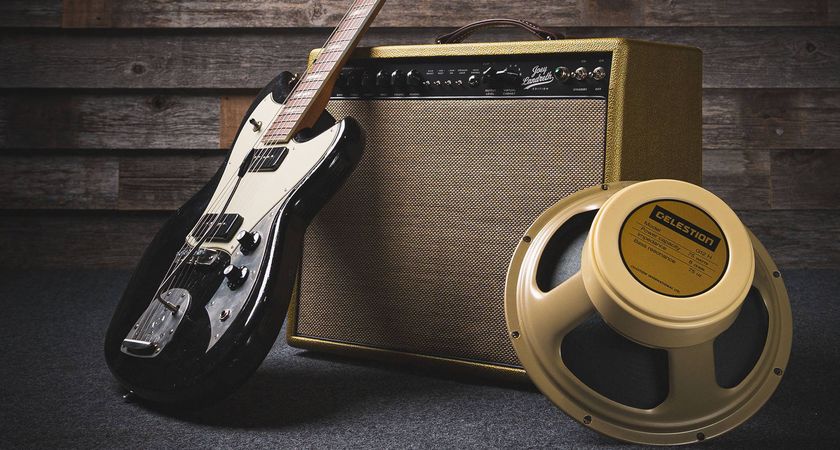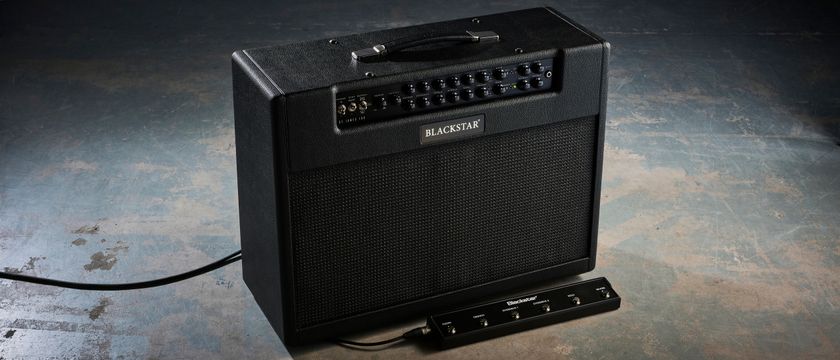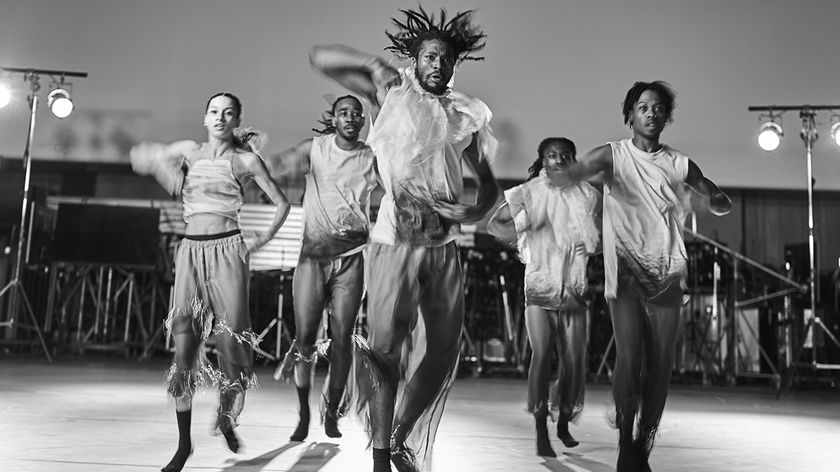“Simple to use and versatile enough for any style of guitar playing”: Fender unveils the Champion II amp series, a trio of affordable solid-state modelling combos with onboard effects for players of all levels
Priced from $129, the Champion II series presents a dozen or more amp voicings in 1x8, 1x12, and 2x12 formats, with effects including reverb, delay and echo, chorus, tremolo and Vibratone

Fender has refreshed its digital guitar amp lineup with the Champion II series offering a trio of accessibly priced combos with onboard effects and a range of tones that from classic Big F cleans and British-style drive to high-gain saturation.
Priced from $129, the Champion II series is the next stage up from Fender’s entry-level Frontman series, and this new lineup is similarly suitable for practice, with its 25-watt 1x8 featuring everything you need for a two-hours with your metronome, nothing you don’t, and it even has onboard effects including reverb, chorus, tremolo, delay and echo, and Fender’s Vibratone rotating-speaker effect.
But with the Champion II 50 offering 50-watts through a 1x12 Fender Special Design speaker and the Champion II 100 a 100-watter with a pair of 12” drivers, the series presents an affordable option for most playing scenarios.
“Whether you’re looking for your first practice amp, or affordable, powerful stage gear for playing in a band, there’s a Champion II amp that’s ideal for you,” says Fender. “Simple to use and versatile enough for any style of guitar playing.”
Fender doesn’t explicitly call these modelling combos but they are filed under their “contemporary-digital” category and models are what we have. The smaller two models offer players a dozen amp models, or “Voices,” via a rotary dial, while the Champion II 100 has 16.
You will find classic Fender amp sounds such as the Tweed Deluxe, Bassman, ’65 Deluxe and ’65 Twin, and a couple of latter-day models in the form of the Bassbreaker 15 and Super-Sonic 22. The Champion II 100 has a bona-fide modern classic by way of a Blues Junior with the Fat switch engaged – now that is a great sound to work with.






You will also find some classic “British” amp models, with ‘60s, ‘70s and a high-gain “Modded British” voice all giving you some transatlantic tonal coverage. Other amp voices include the “American ‘90s” and the “Ultra Gain” models, so you can effectively go from that glassy Golden Age Fender sparkle through to some articulated metal guitar chug, all at the turn of a dial.
Get the MusicRadar Newsletter
Want all the hottest music and gear news, reviews, deals, features and more, direct to your inbox? Sign up here.
Similarly, effects are chosen by rotary dial with the Modify knob for controlling one or more of the effect’s parameters. Each of the amps has a Tap button on the control panel to set the delay and tremolo speed by tap tempo – and you can even dial set your delay up for dotted eighth-note repeats.



There are a lot of sounds to explore. But there are not LCD display screens or presets to navigate. These are very much configured in Fender house style, with a black panel, skirted knobs with metal inserts, the silver grille cloth. There is an auxiliary input for hooking up external audio and headphones out for silent practice. Around the back of the amps you will find a USB port for firmware updates.
The Champion II 25 is the most straightforward, presenting these sounds on a single channel. The Champion II 50 and 100 offer these sounds over two channels, with the latter offering individual EQ for each channel, 2-band on Channel 1, 3-band on Channel 2. It also ships with a two-button footswitch and has Pre Out/Power In 1/4” connections for using with an effects loop.
The Fender Champion II series is available now, with the 25-watt 1x8 priced £149/$129, the 50-watt 1x12 priced £239/$229 and the 100-watt 2x12 priced £349/$399, with street prices potentially offering these at a discount. For more details, head over to Fender.
Jonathan Horsley has been writing about guitars and guitar culture since 2005, playing them since 1990, and regularly contributes to MusicRadar, Total Guitar and Guitar World. He uses Jazz III nylon picks, 10s during the week, 9s at the weekend, and shamefully still struggles with rhythm figure one of Van Halen’s Panama.

“It showcases a straightforward single-channel layout ideal for both clean tones and mild breakup tones”: Revv Amplification and Joey Landreth join forces for a signature take on the D25 tube combo with onboard virtual cabs/IRs

“A truly modern take on the high-powered super amp, full of clever design decisions and boasting features which open it up to all sorts of uses”: Blackstar St James 100 212











